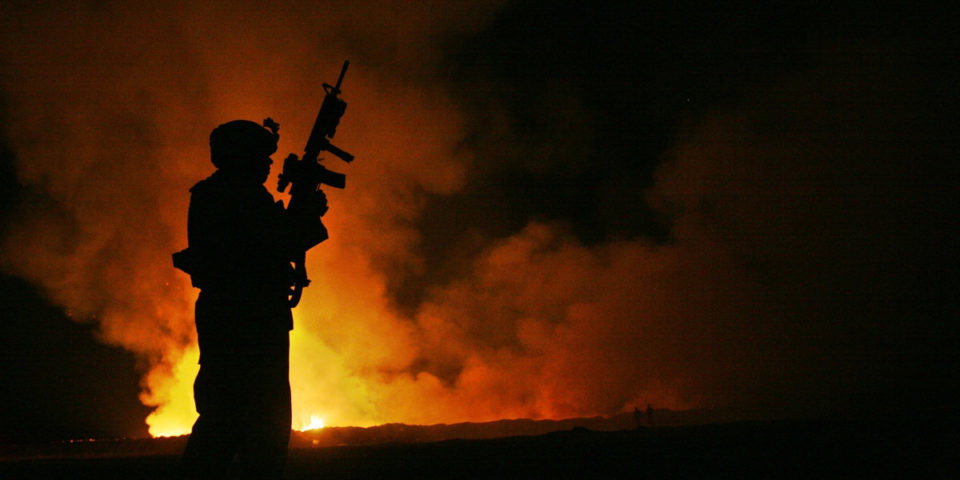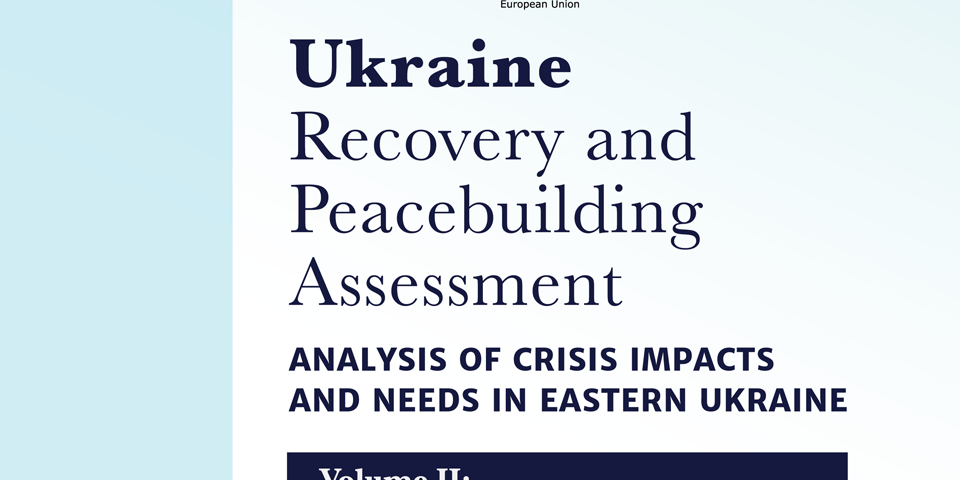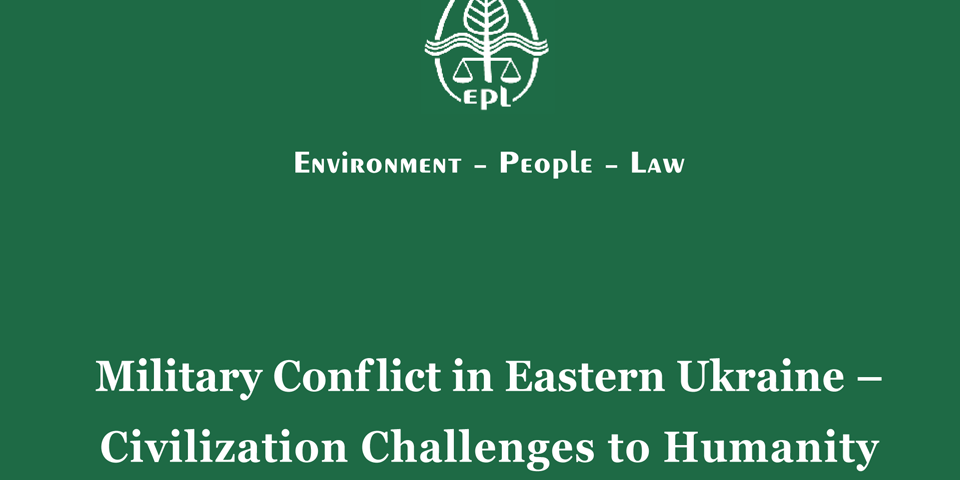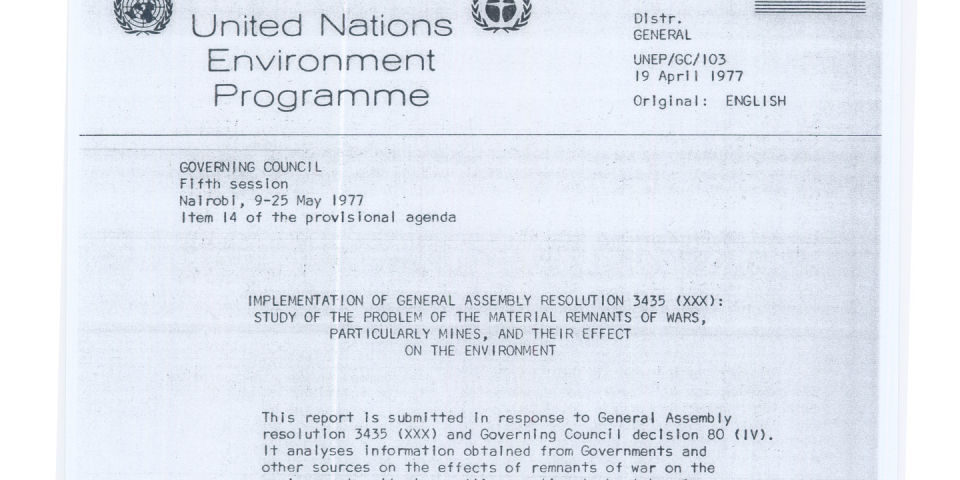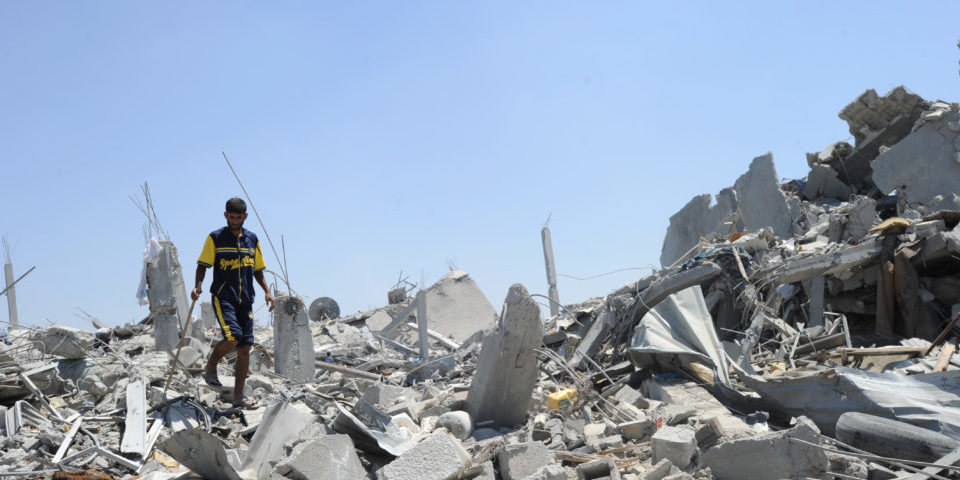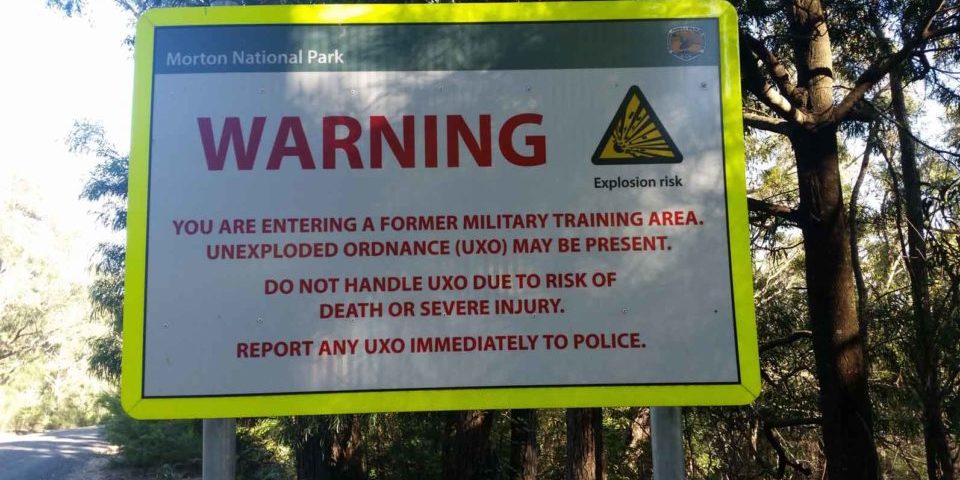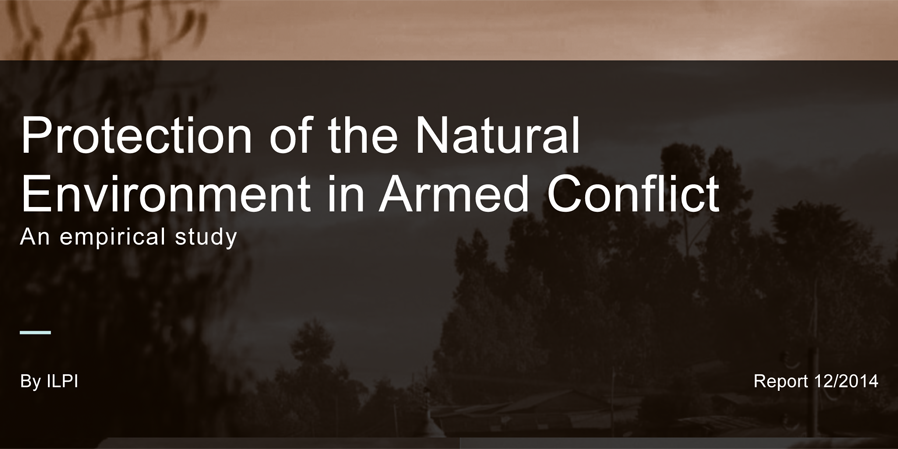Military health surveillance – lessons for post-conflict civilian health monitoring
Military personnel may come across a number of natural and anthropogenic environmental health risks during training, domestic operations and overseas deployment. The response has been to seek to integrate data on environmental risks and exposures into health monitoring programmes. Could these systems help inform approaches aimed at monitoring the risks to civilians from toxic remnants of war?

